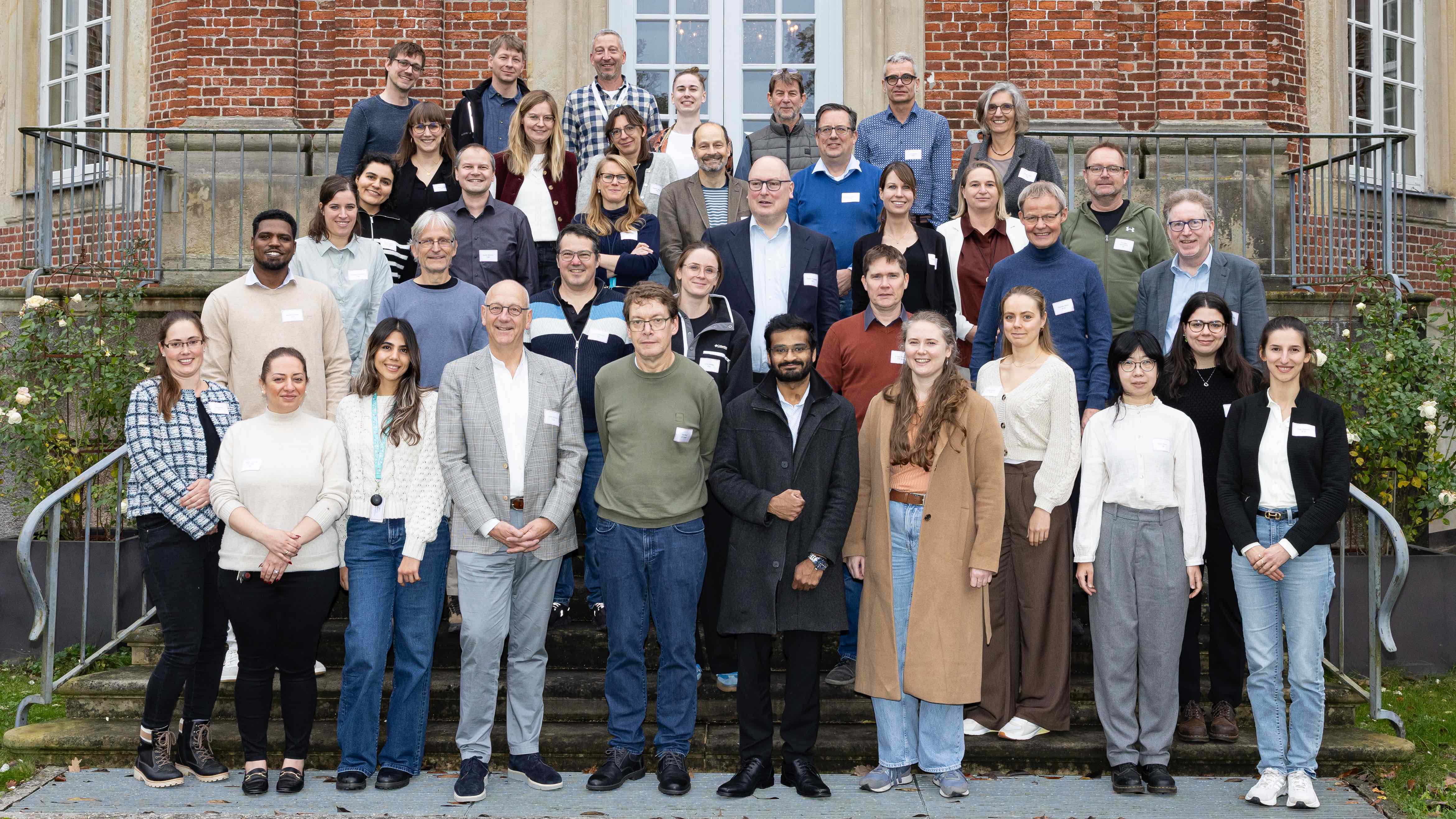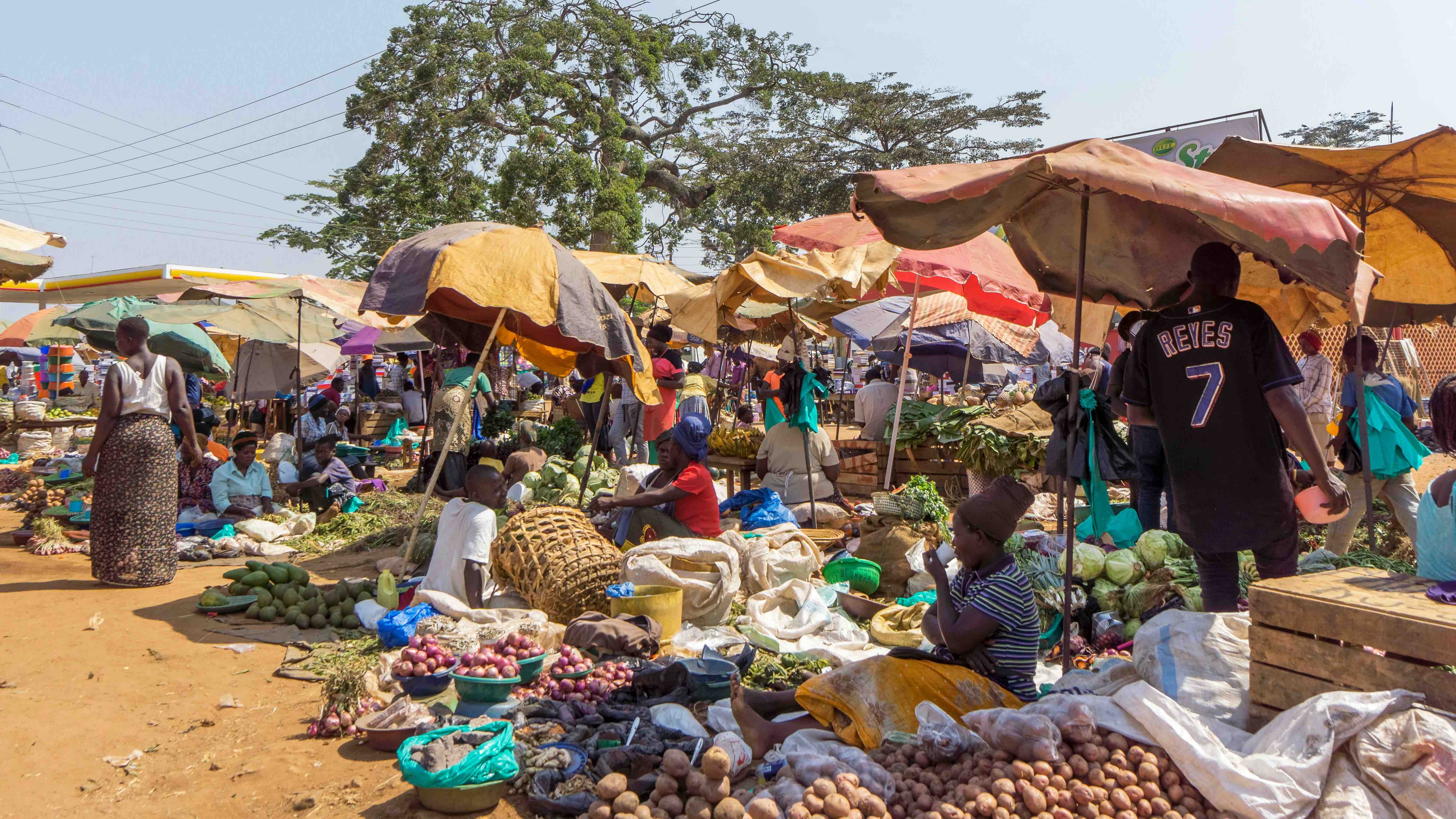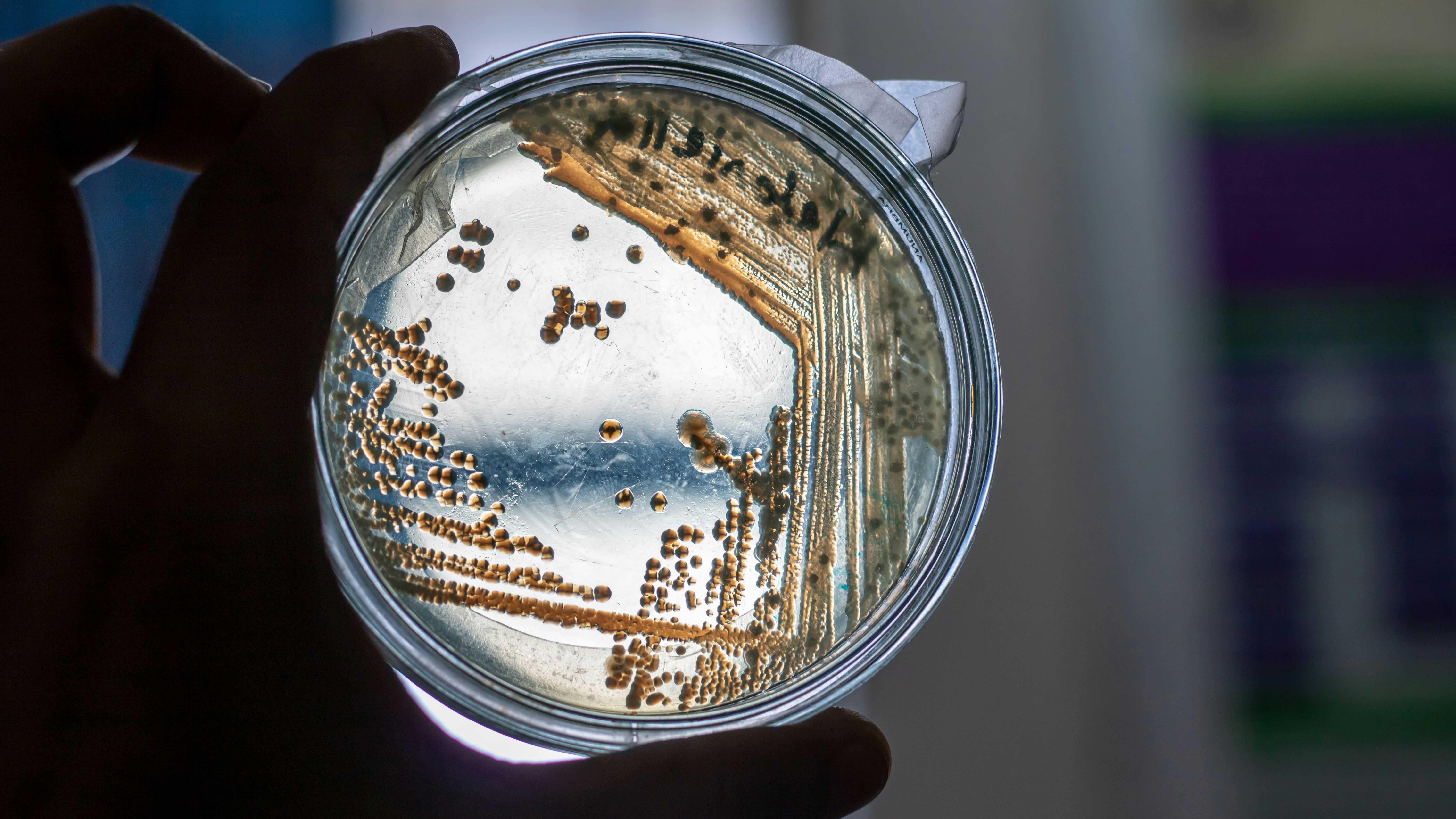
On 29 and 30 October 2025, the members of the Research Alliance Leibniz INFECTIONS met for their 10th plenary meeting at the Research Centre Borstel, Leibniz Lung Centre (FZB). To mark the start of the new funding period, they presented the results of completed research projects and introduced new ones.

Antibiotic resistance is a global problem. While the situation in Europe and the USA has been well researched, many regions of the world remain poorly understood. The research alliance Leibniz INFECTIONS is investigating the resistance situation in Sub-Saharan Africa, where approximately twice as many people die from resistant pathogens as in Europe. In episode 7 of the podcast ‘Mikroben im Visier’, we explore how resistance develops and spreads, and what appropriate countermeasures can be taken.

One in six bacterial infections no longer responds to common antibiotics – WHO calls for increased survaillance and responsible use

The joint workshop on 14 October hosted by the research alliance Leibniz INFECTIONS and the Leibniz-Lab 'Systemic Sustainability' will focus on planetary boundaries, global food security and human health in times of a changing Earth system and the accelerating social change.

Members of the research alliance Leibniz INFECTIONS participated in a new study investigating the evolution of antibiotic resistance in Haemophilus influenzae bacteria. The study shows that the human pathogen can rapidly adapt to commonly used beta-lactam antibiotics. However, the genetic changes and their consequences are surprisingly diverse and difficult to predict. Some mutations even make the bacteria more susceptible to other drugs.